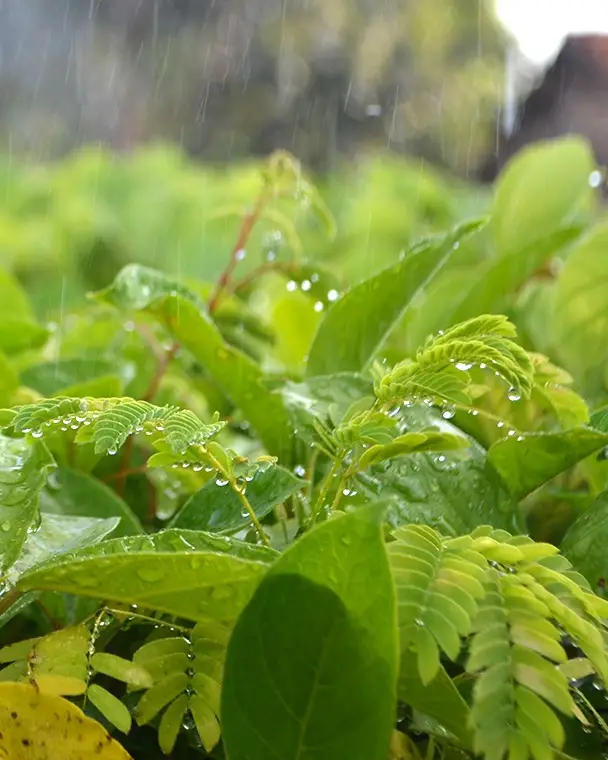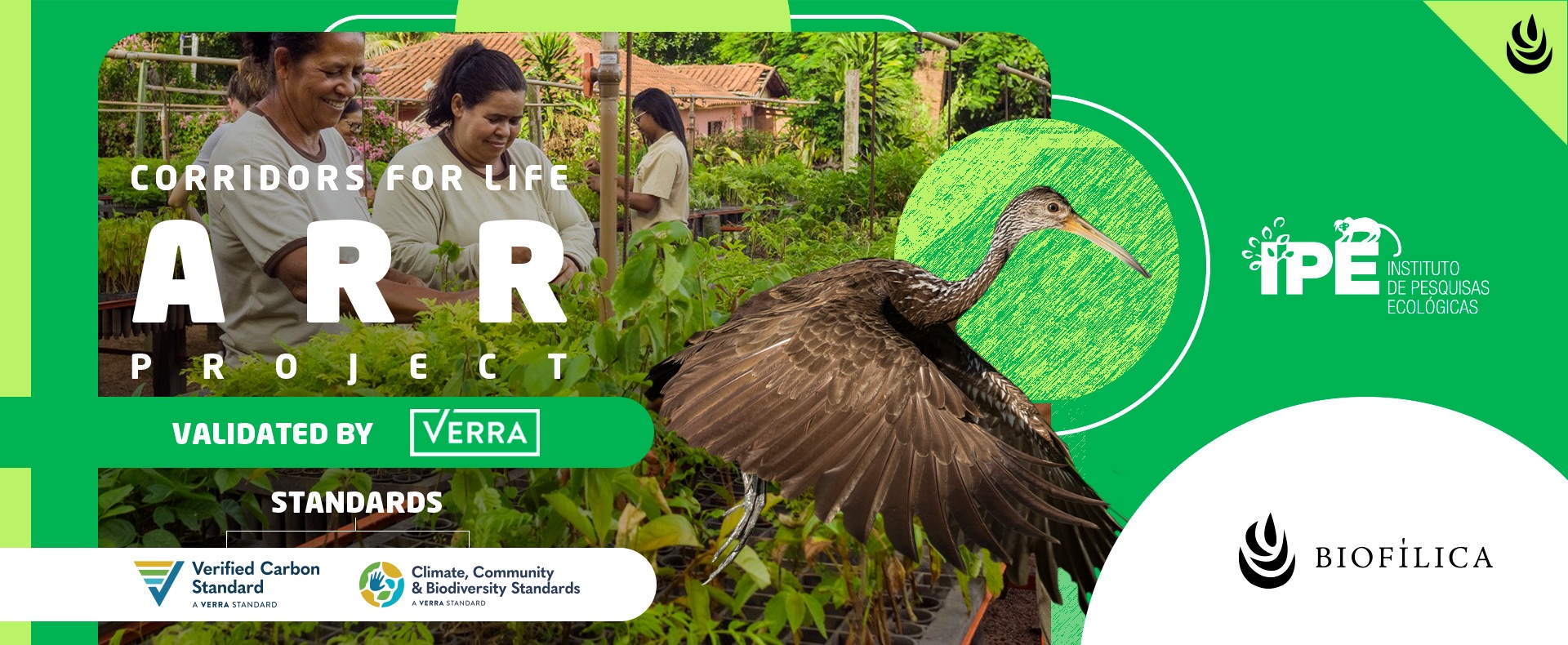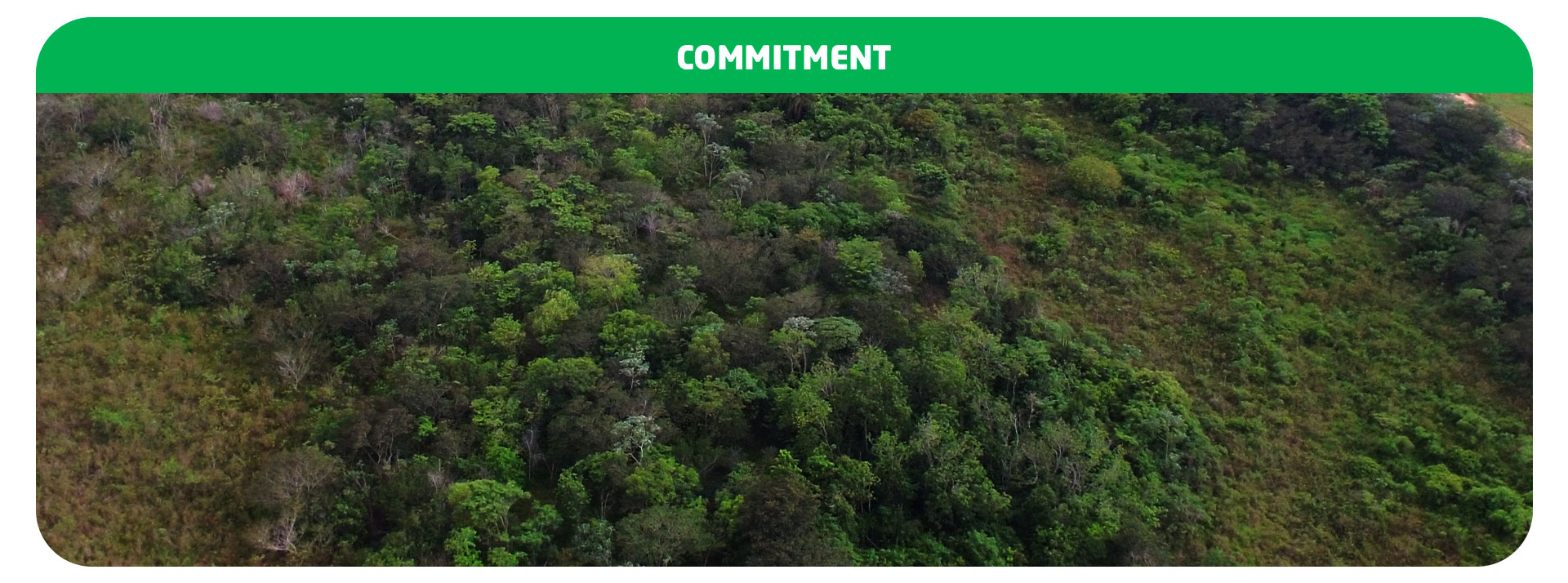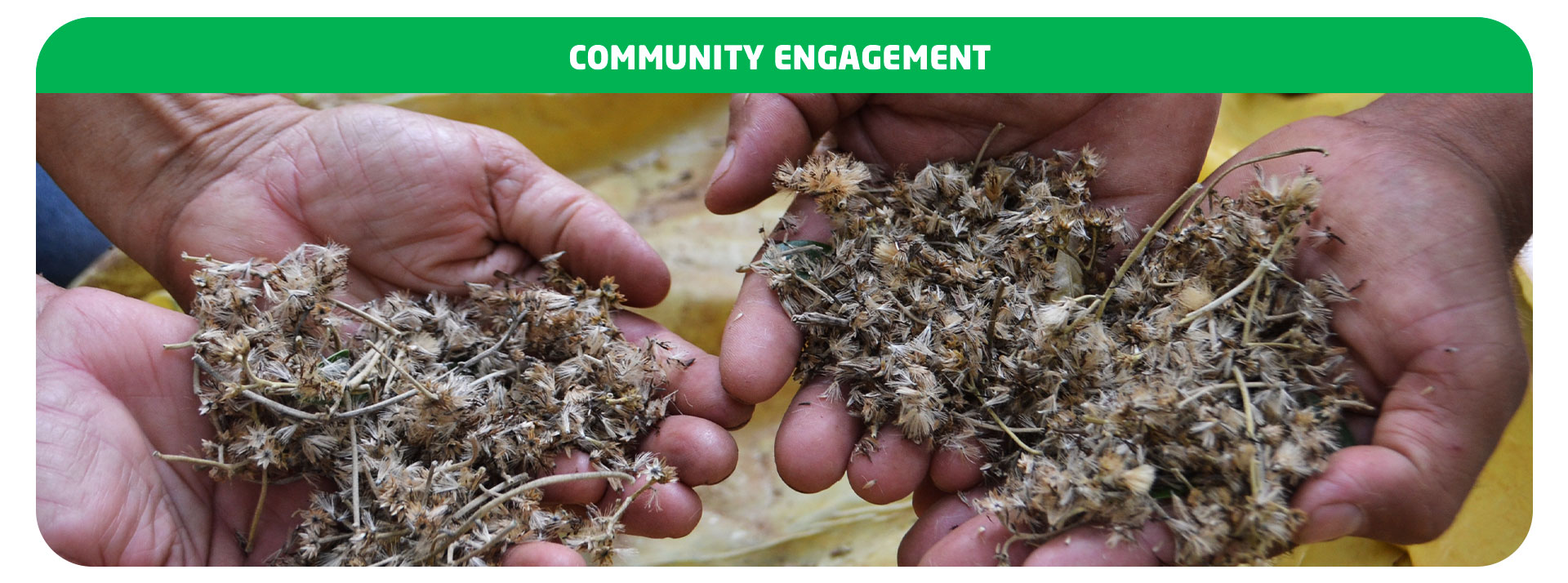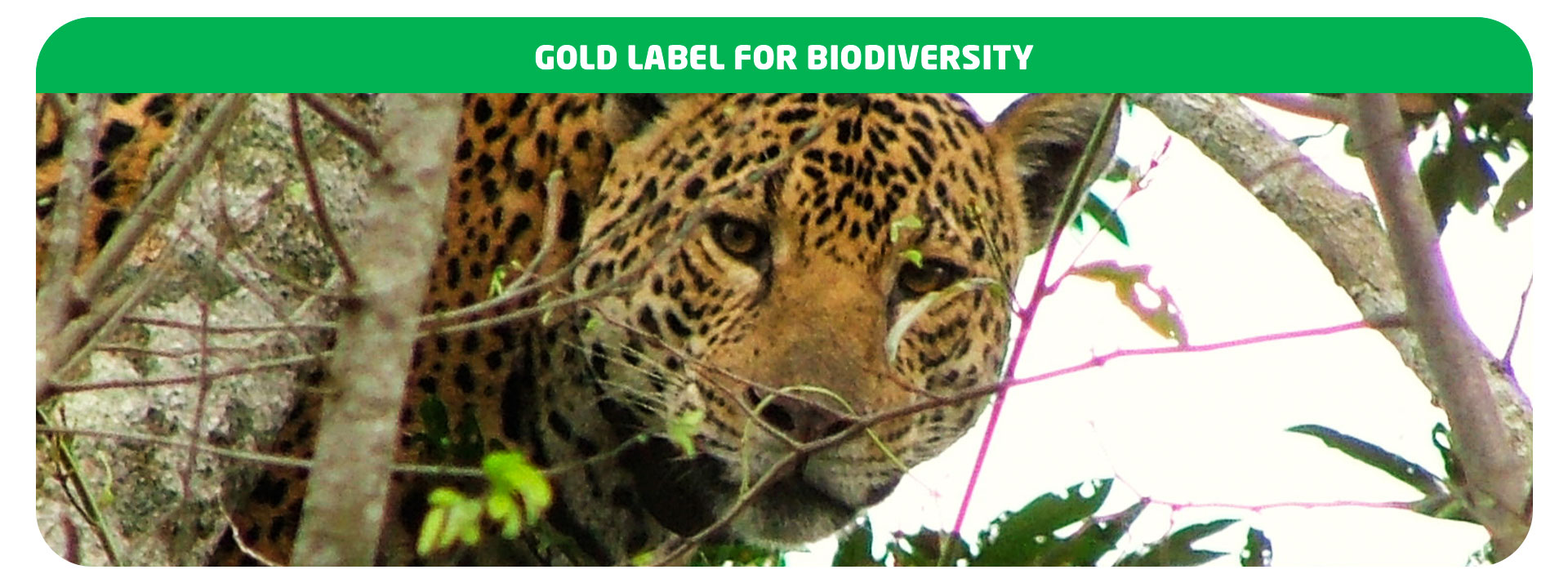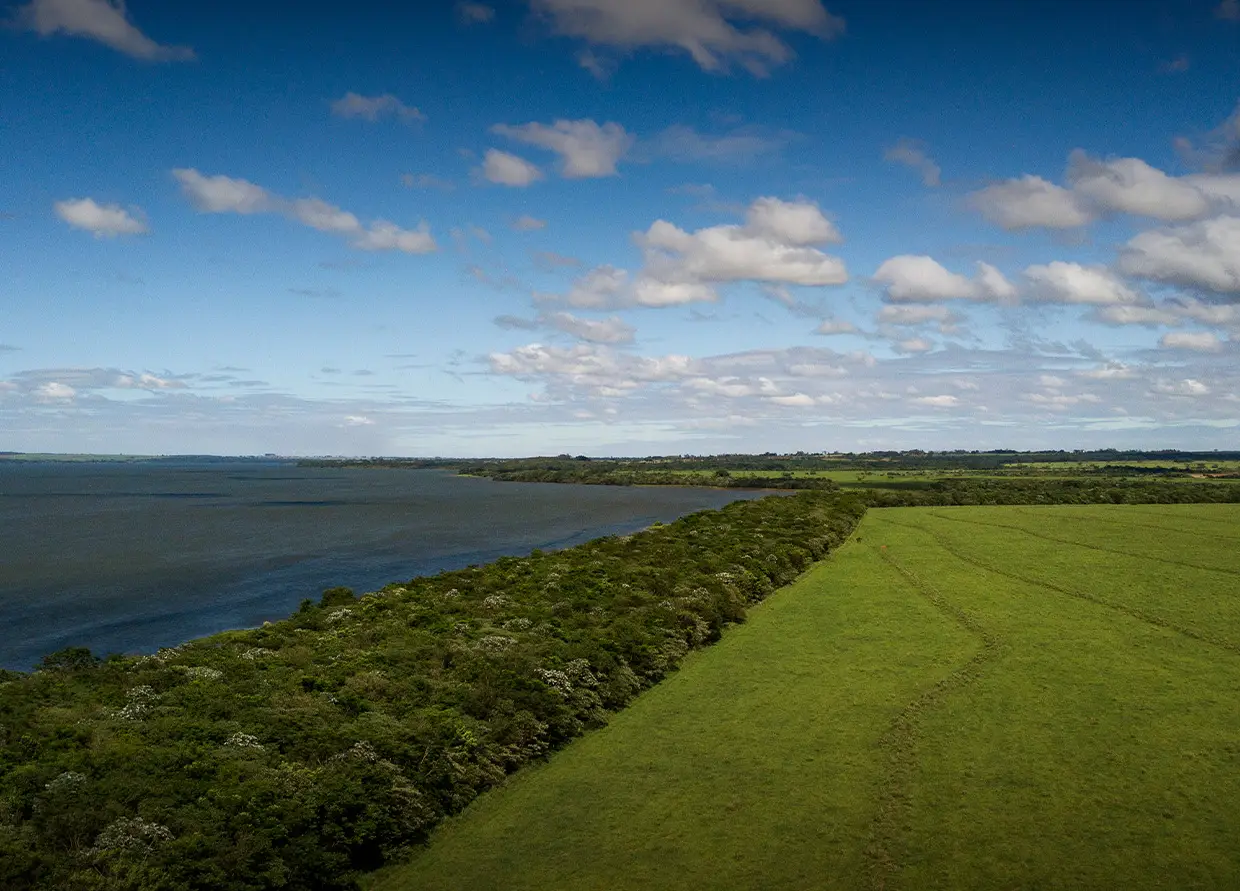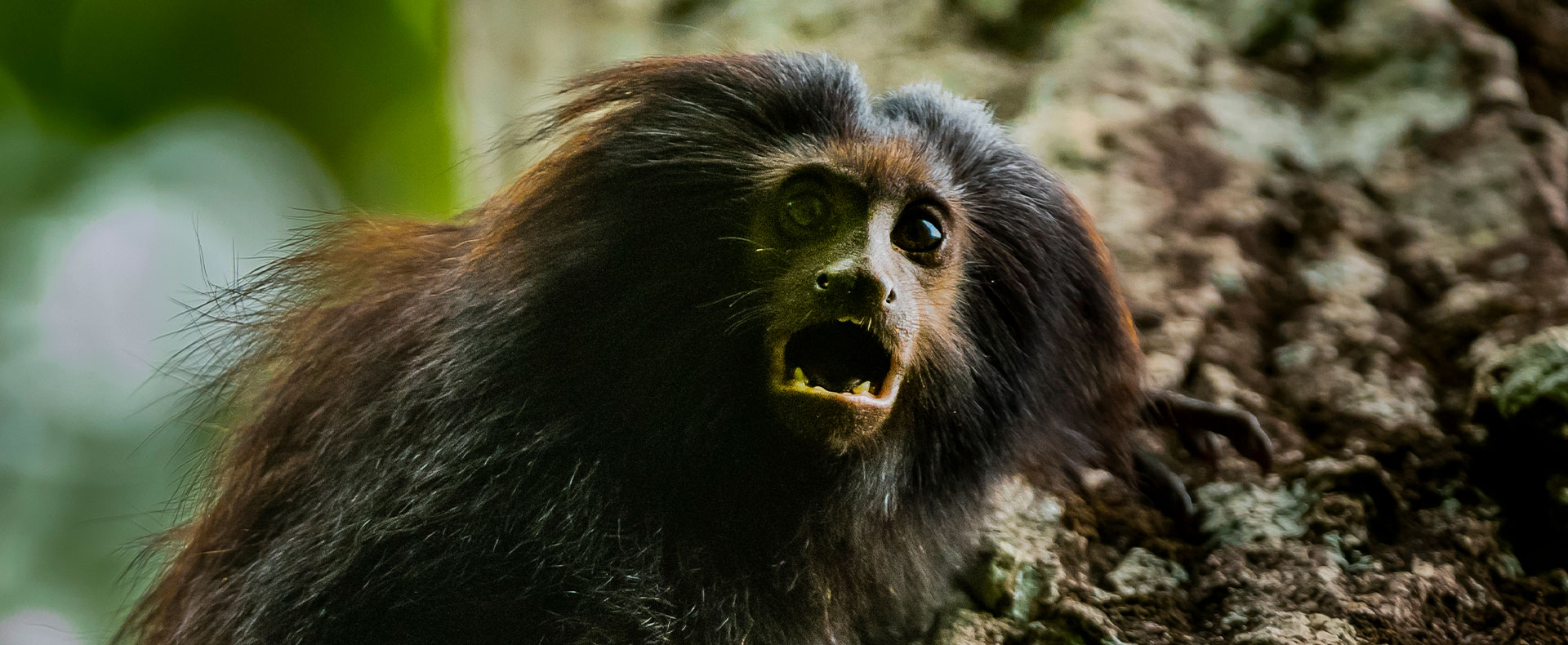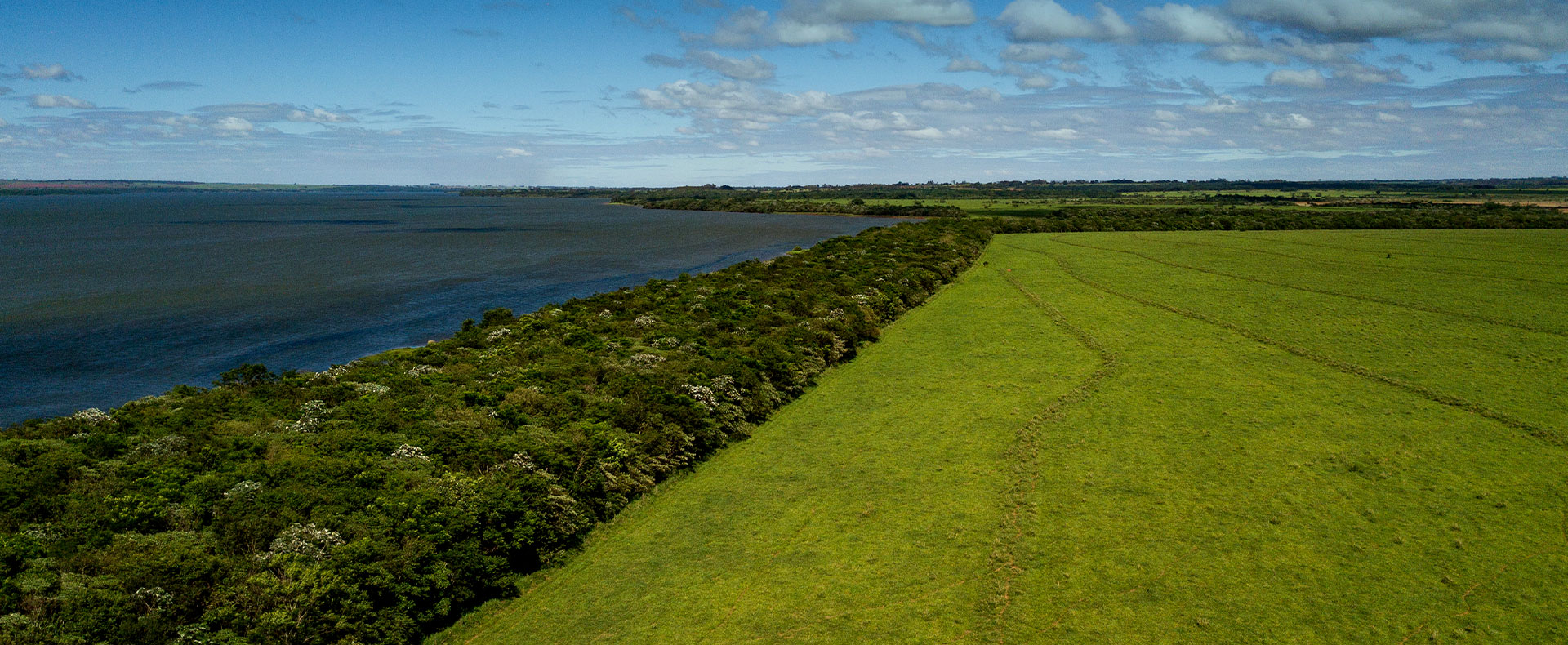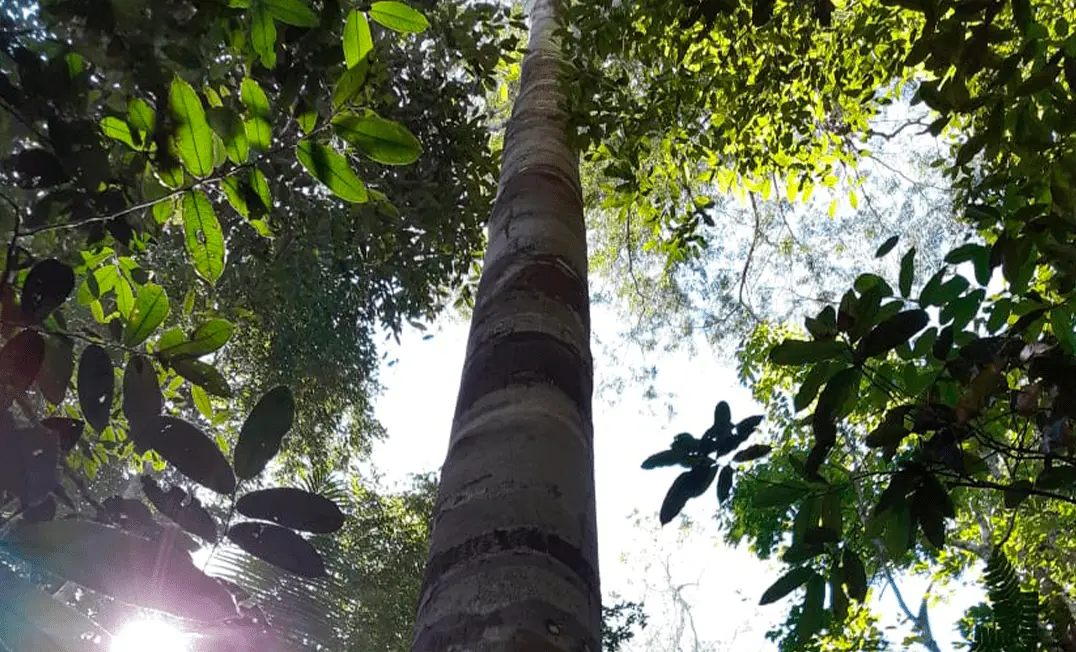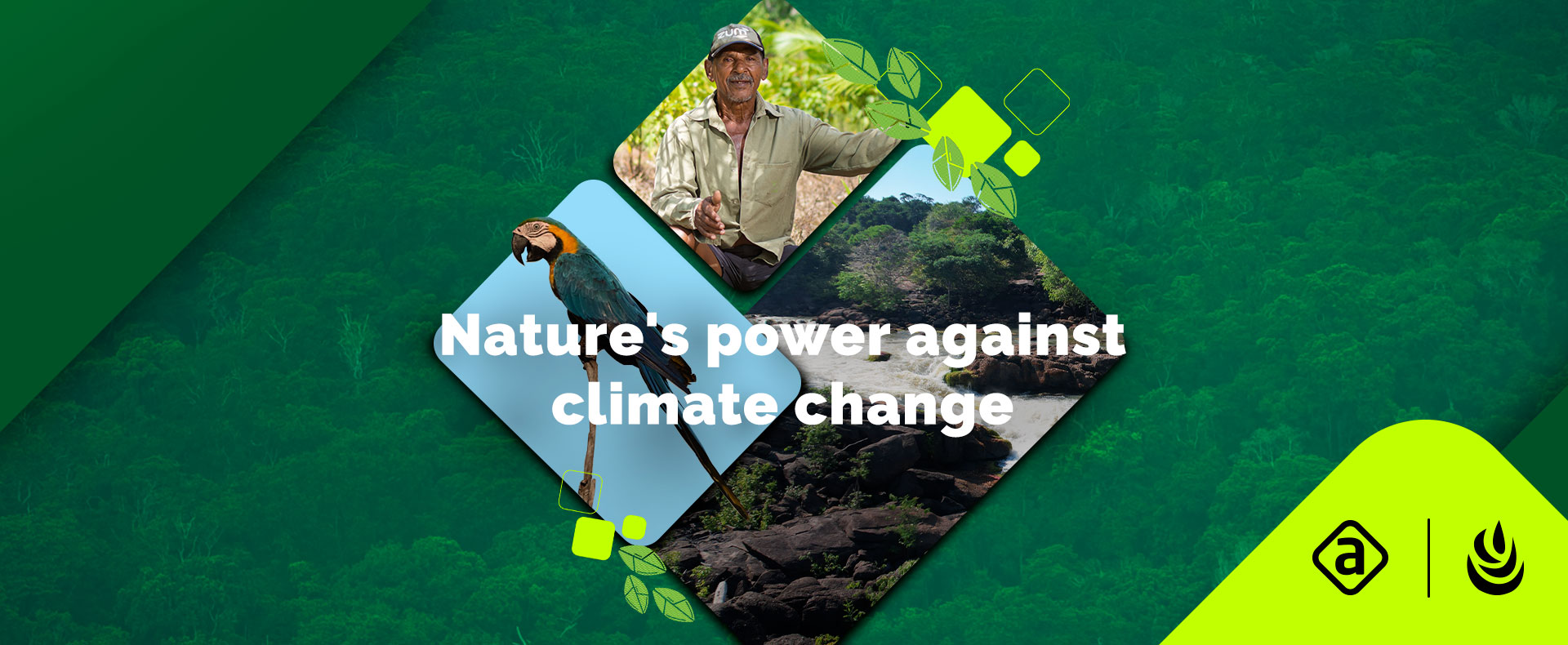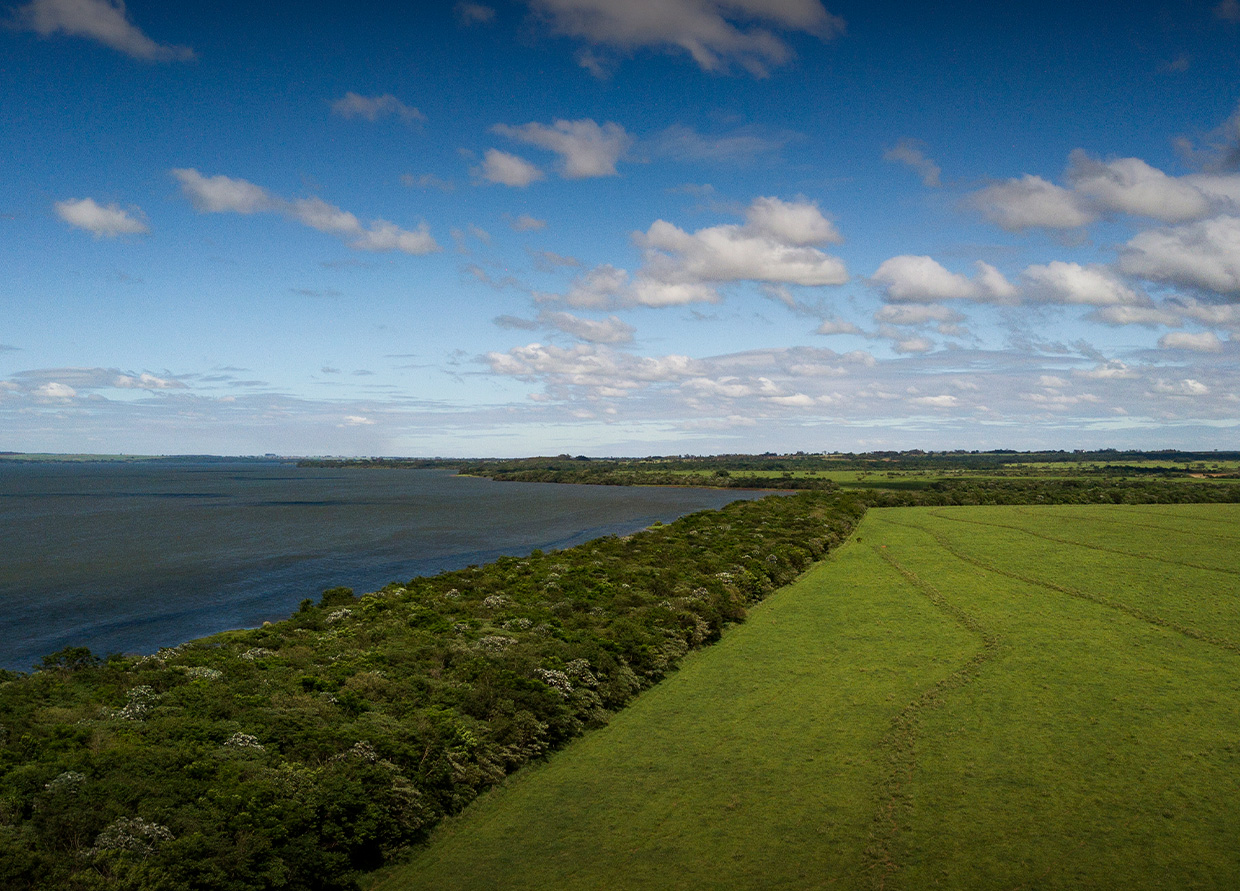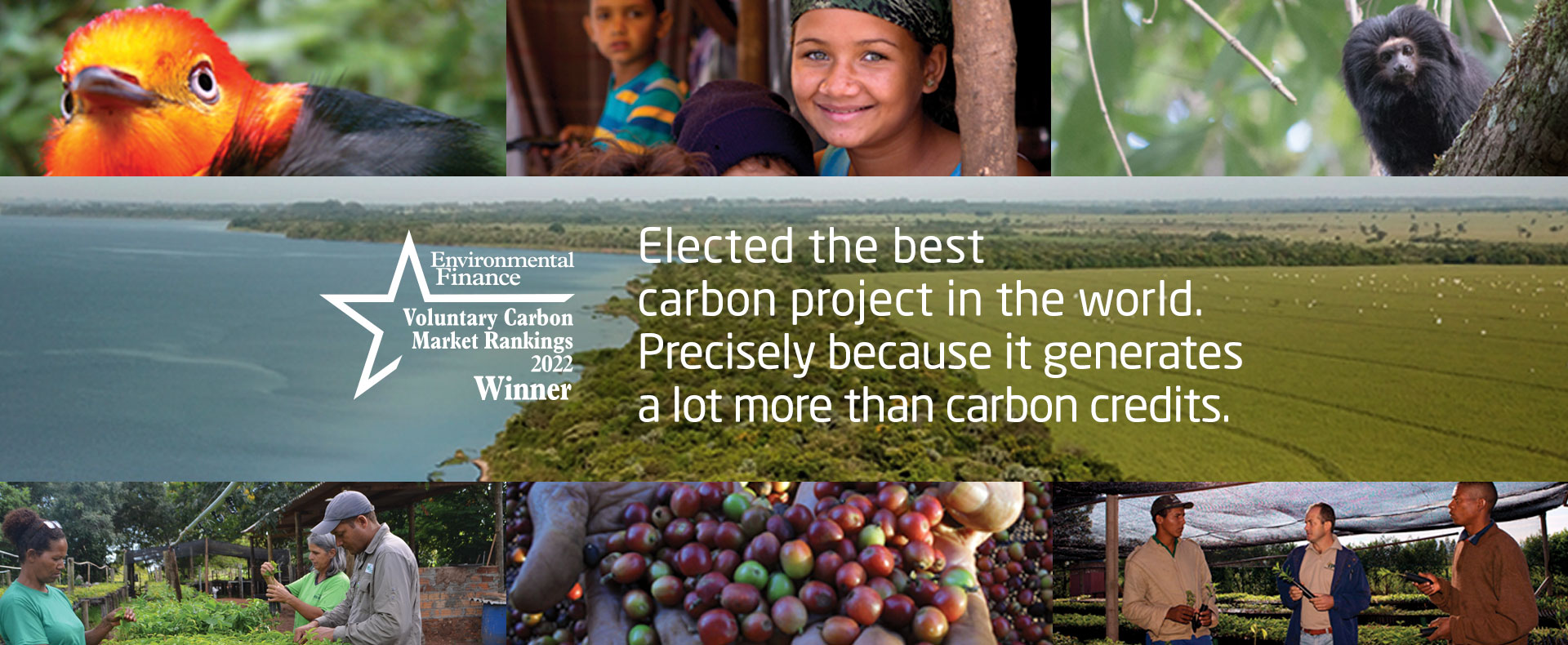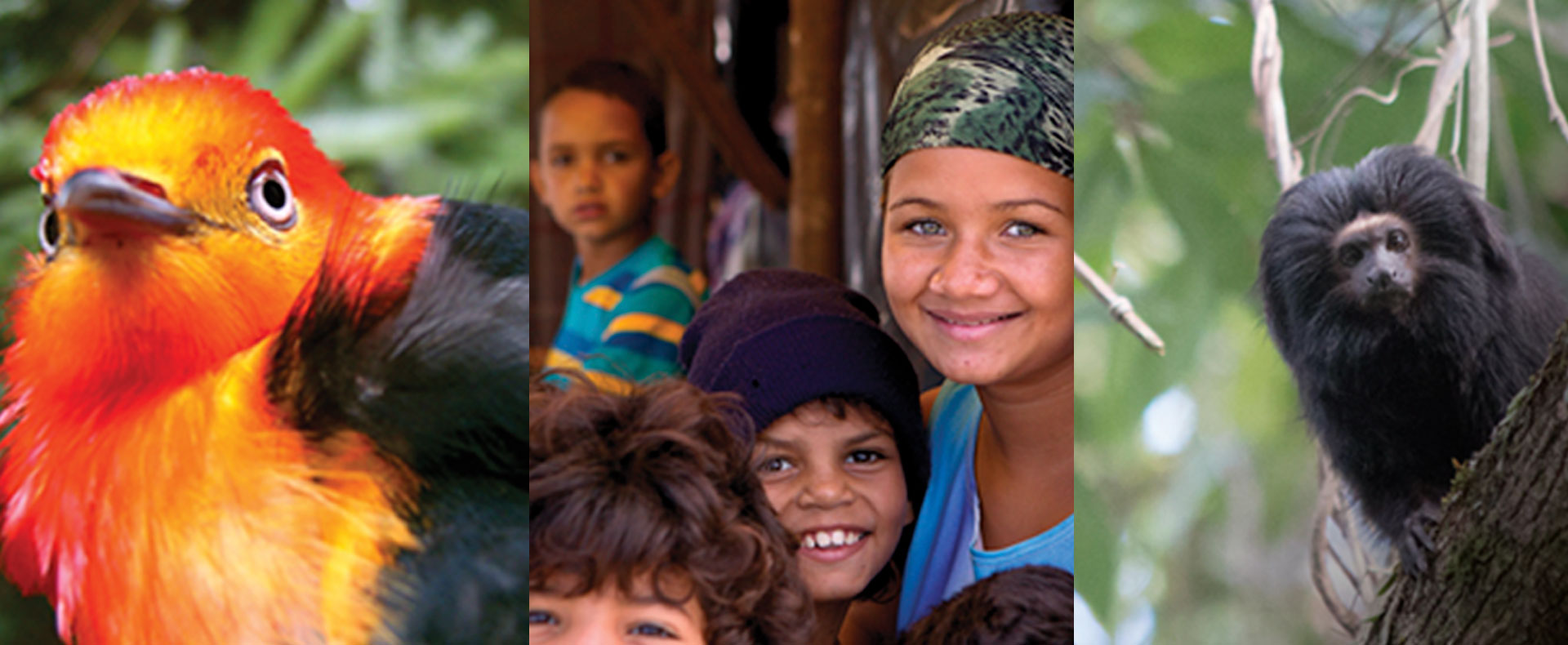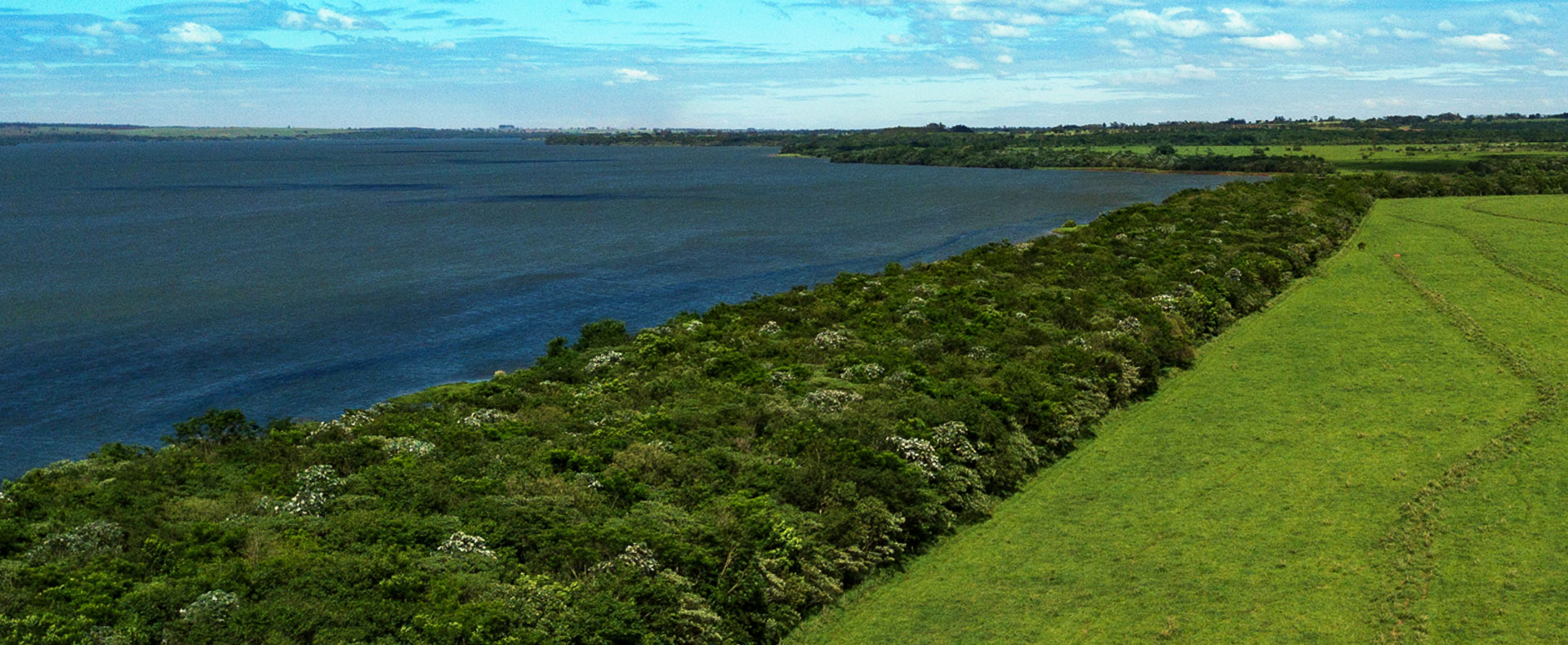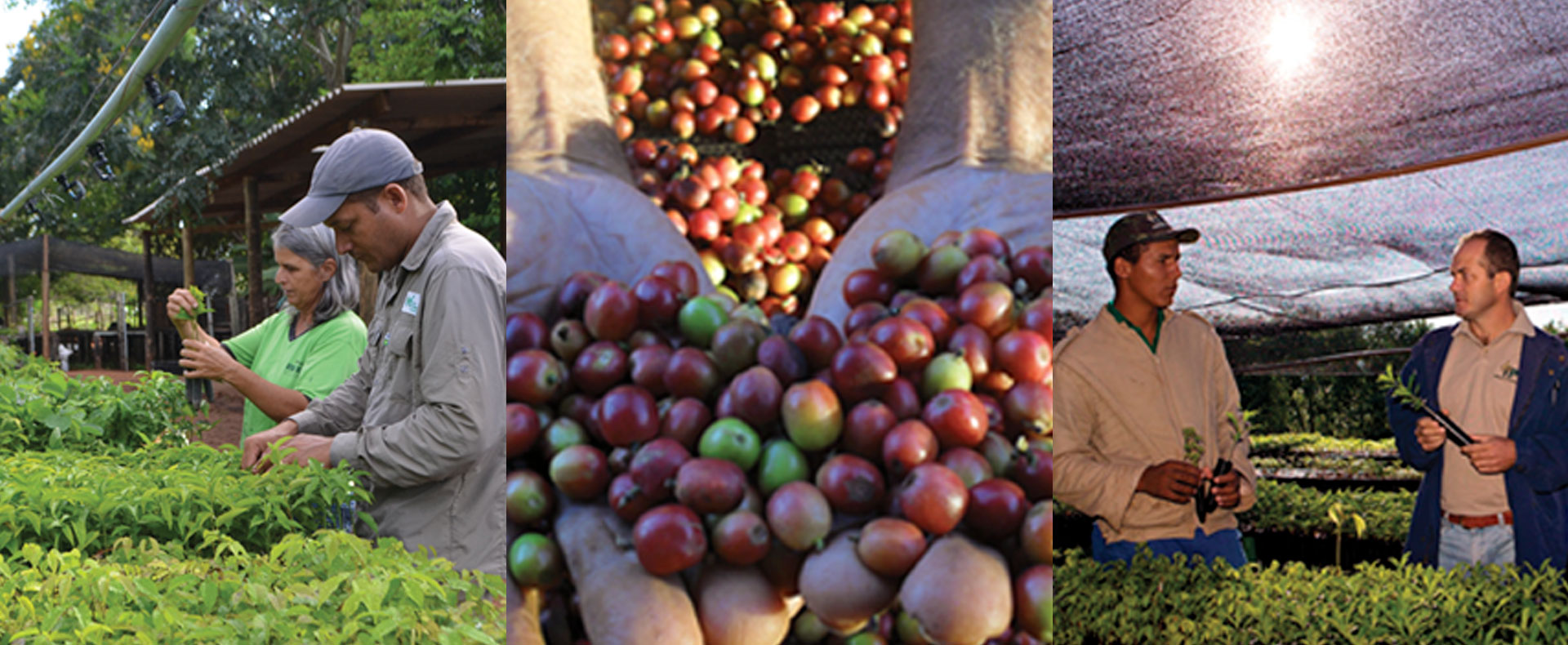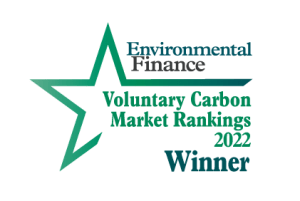Confirming the quality of our projects and our commitment to climate, community and biodiversity, the Corridors For Life ARR Project has been validated and is now ready to generate carbon credits verified by the VCS and CCB standards.
Ambipar, in partnership with IPÊ – Instituto de Pesquisas Ecológicas, is proud to announce that the Corridors For Life ARR Project has reached another significant milestone by receiving VCS+CCB validation. This achievement not only validates the project’s commitment to restore degraded areas of Atlantic Forest biome, but also highlights its positive impact on the CCB tripod (climate, community and biodiversity).
The VCS+CCB validation confirms that the Corridors For Life ARR Project complies with the highest sustainability standards, assuring high quality carbon removal accounting, the promotion of social well-being and the protection of biodiversity. With a robust plan of activities, the project aims to restore 75k hectares over 20 years, to improve the lives of more than 600 people and contribute to the conservation of 215,000 hectares of native vegetation, including 28 vulnerable species and 3 critically endangered species in the Pontal do Paranapanema region.
Project Highlights
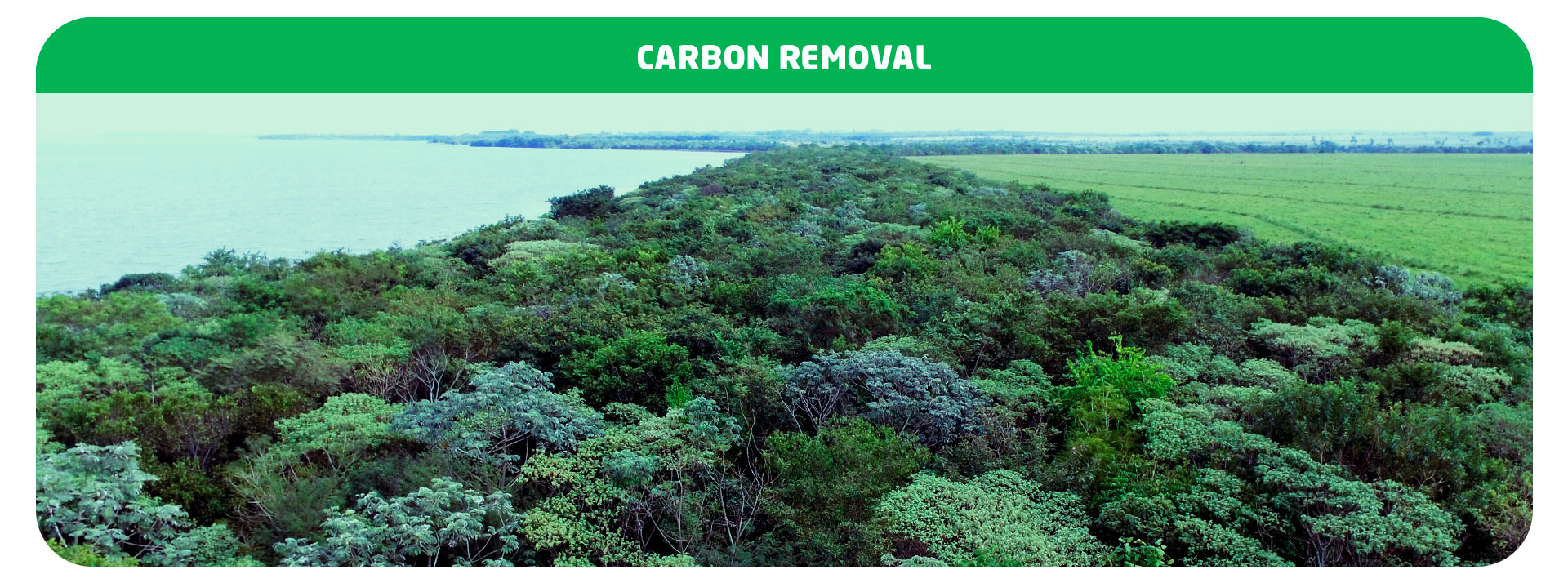
The Corridors for Life ARR Project has the potential to remove 29 million tons of CO2e over 50 years by restoring 75,000 hectares of degraded areas in the Pontal do Paranapanema region. Thus, among the projects already validated by the VCS, it is currently the largest Brazilian ARR project in terms of annual emissions removal potential (baseline ex-ante of 514k tCO2e).
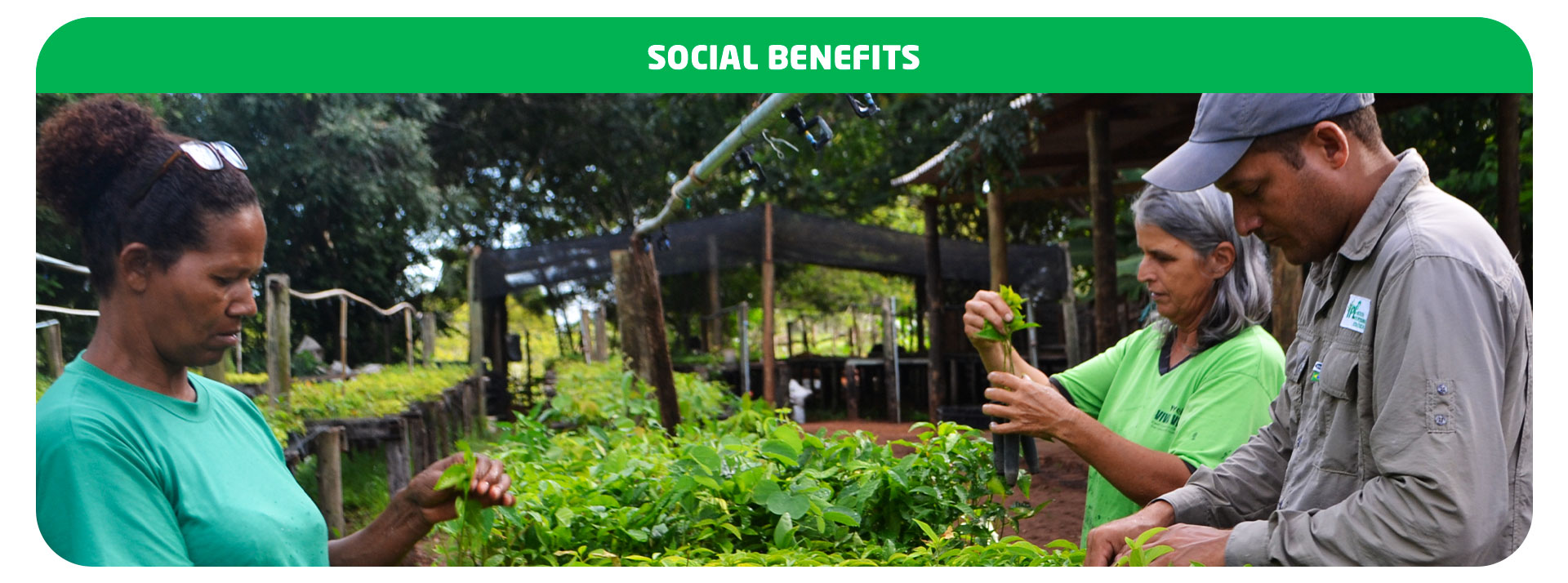
As well as promoting environmental restoration, the project promotes environmental education activities, generates employment and income, and encourages the establishment of new forest seedling nurseries and restoration service companies, thus contributing to the sustainable development of local communities.
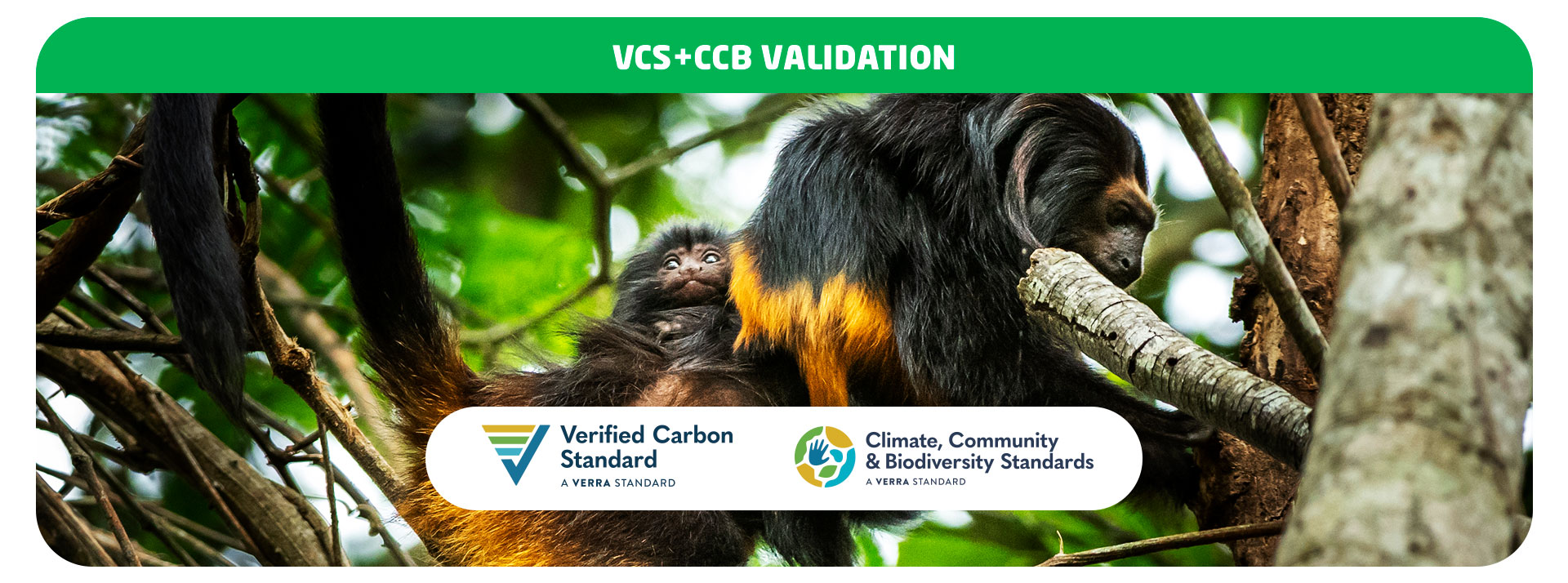
VERRA’s validation of the project guarantees its compliance with the strict criteria of the certification standards, reinforcing its credibility and transparency.
Main aspects recognized by the VCS + CCB Standards
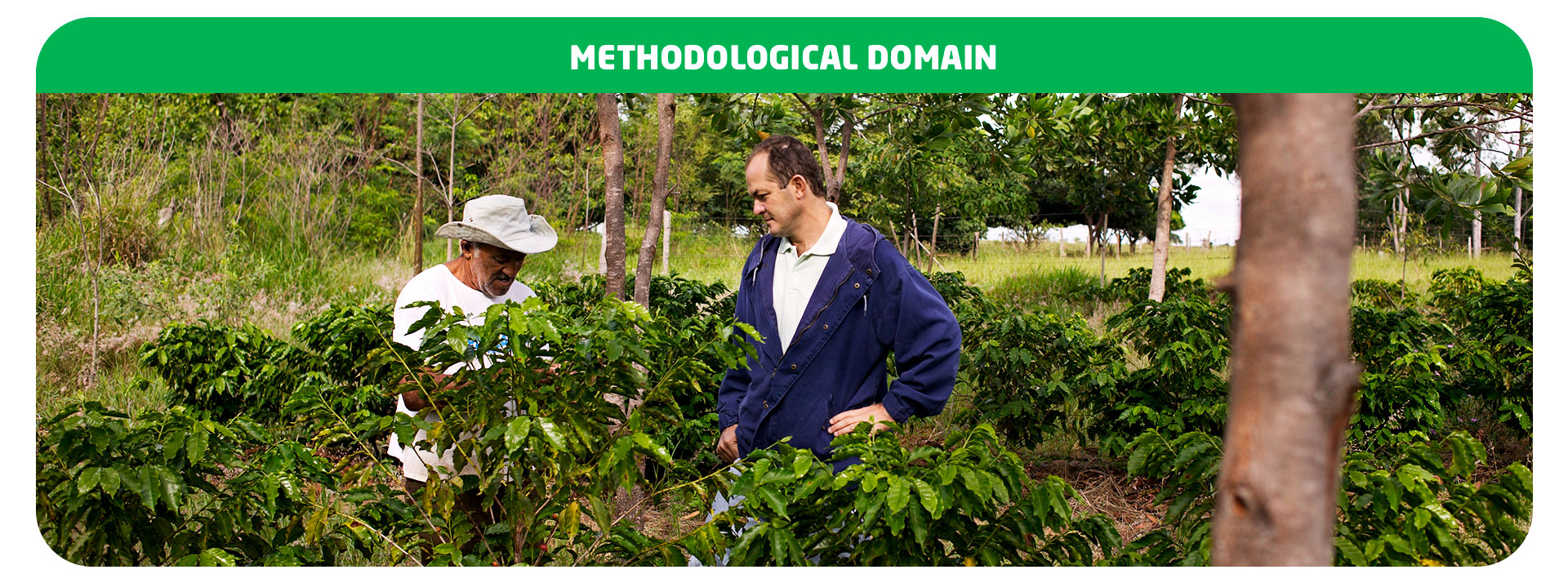
The Corridors For Life ARR Project is fully capable of measuring tropical forest restoration carbon stocks, guaranteeing a methodologically sound approach.

The carbon credits generated by the project are fundamental to enable large scale restoration activities of the degraded Permanent Preservation Areas (APP) and Legal Reserves (RL) in Pontal do Paranapanema, reinforcing the additionality of the project.
The project has a low non-permanence risk of the carbon stocks removed by the project and effective mechanisms for mitigating future risks, demonstrating its commitment to long-term sustainability.
The Corridors For Life ARR Project works in a transparent, equitable manner and guarantees the free, prior and informed consent of local communities, strengthening ties and promoting joint development.
With a plan capable of making a significant contribution to the conservation of critically endangered species, the Corridors For Life ARR Project is eligible to receive the Gold Label for Biodiversity.
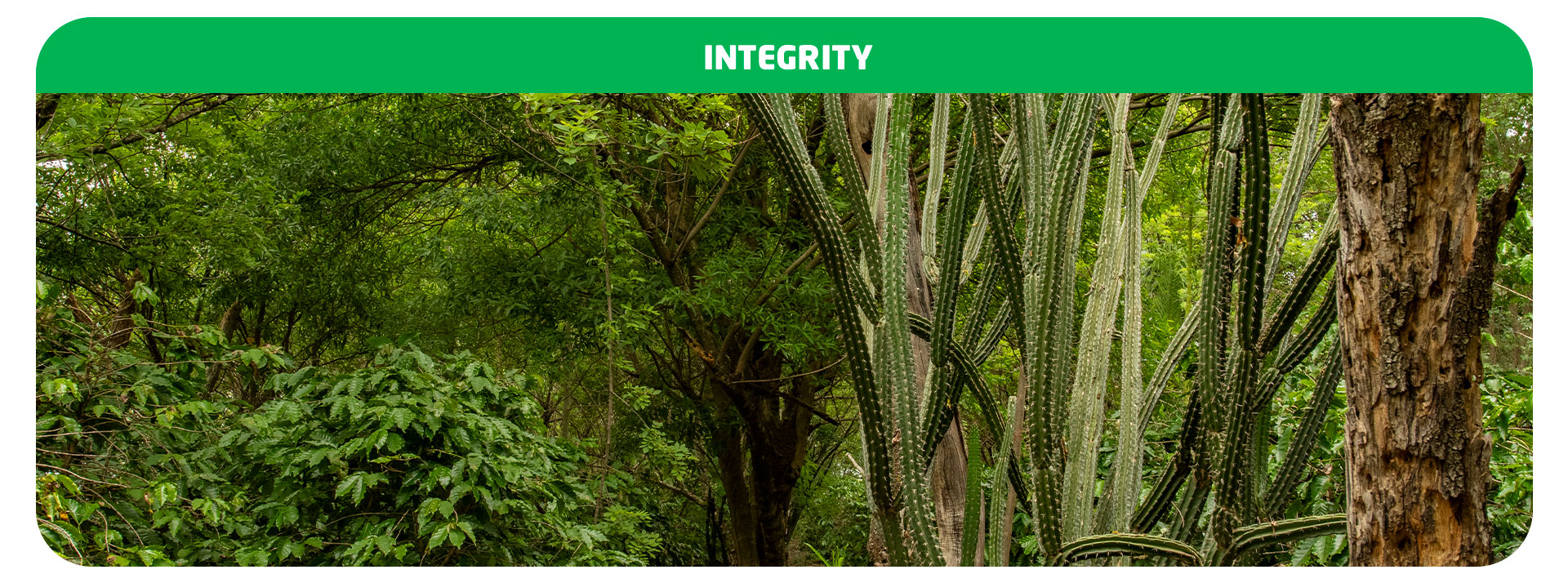
This milestone represents a significant step forward against climate change, conservation of biodiversity and fair economic development, emphasizing Ambipar’s and IPÊ’s commitment to building a more sustainable future for all.
Verra
VERRA, a non-profit organization, is responsible for VCS+CCB validation.
Operating the world’s leading carbon credit program, VERRA is committed to helping reduce greenhouse gas emissions, improve livelihoods and protect natural resources by working with the public and private sectors.
For more information about the Corridors For Life ARR Project and its initiatives:
or contact our team of experts.
About Ambipar
Ambipar aims to be the world’s best Nature-based Solutions (NBS) company, generating value for the environmental asset market, fighting climate change, protecting biodiversity and promoting well-being and social development.
We carry out projects that promote the reduction of emissions through forest conservation and the sequestration of emissions through reforestation.
We believe in Nature-Based Solutions as fundamental mechanisms for humanity to achieve the goals of the Paris Agreement and overcome the climate crisis. By 2030, between 35% and 50% of emissions reductions will have to come exclusively from Nature-Based Solutions.
Talk to Ambipar:
mkt.decarbon@ambipar.com
About IPÊ
IPÊ – Instituto de Pesquisas Ecológicas is a Brazilian non-profit organization that works to conserve the country’s biodiversity through science, education and sustainable business. Founded in 1992, it is headquartered in Nazaré Paulista (São Paulo), where its education center, ESCAS – Escola Superior de Conservação Ambiental e Sustentabilidade, is also located. For IPÊ, biodiversity conservation is central to socio-economic transformation and tackling climate challenges.
Present in the Atlantic Forest, Amazon, Pantanal and Cerrado biomes, it carries out around 30 projects a year. The Institute has created a conservation model that is a benchmark in socio-environmental conservation, involving scientific research into species, environmental education, community involvement and mobilization, habitat and landscape conservation and support for the construction of public policies.
IPÊ is responsible for planting more than 7 million trees in the Atlantic Forest, contributes directly to the conservation of six species of fauna and carries out environmental education and training for an average of 15,000 people a year. The projects benefit more than 200 families with sustainable actions, knowledge about socio-environmental conservation and income generation. To develop its socio-environmental projects, the organization relies on partners from all sectors and works as an articulator on fronts that promote engagement and mutual strengthening between socio-environmental organizations, private initiative and government institutions.
To find out more:
ipe.org.br / @institutoipe



